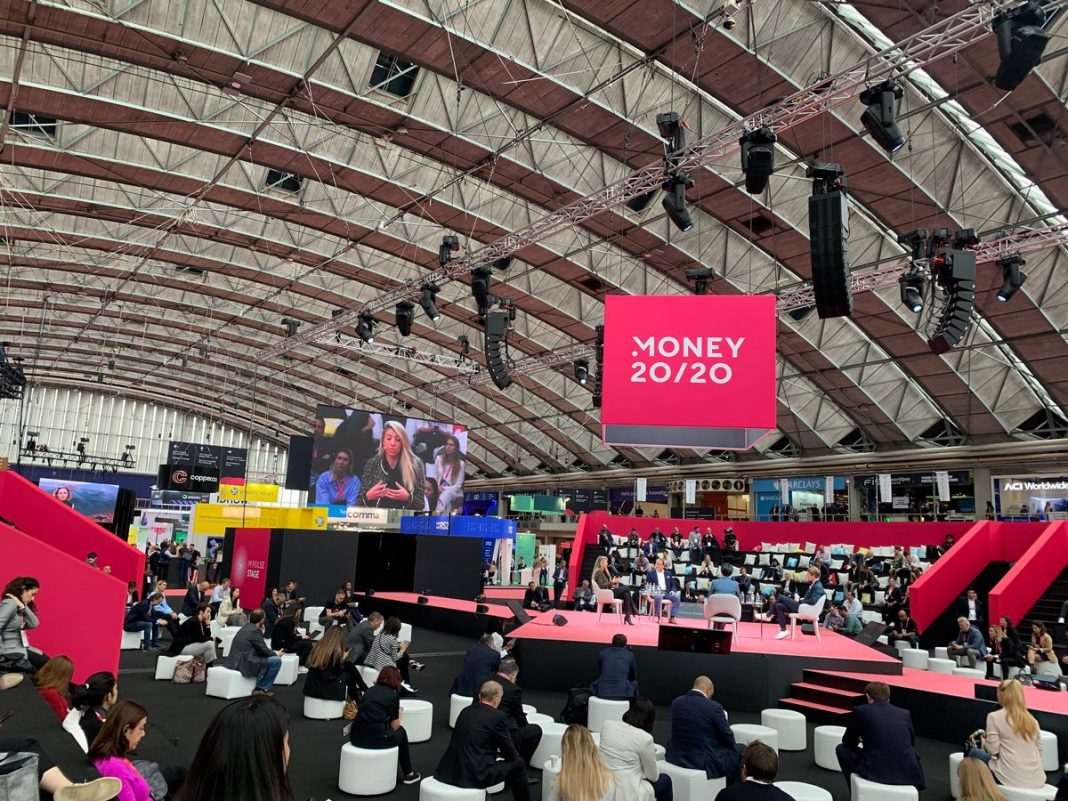As the digital space prepares for the transition from Web2 to Web3, one highly prominent and viable venture for businesses is the metaverse.
This digital world has been one of the main talking points at this year’s Money 20/20 Europe event in Amsterdam, as Zoe Wei, Head of Fan Token and Binance Connect, Jelena Zec, Investor into Citi Ventures, and Steve Suarez, Global Head of Innovation, Global Functions at HSBC took to the stage to discuss the future and the role fintech and financial services can play in the metaverse.
Being one of the first high-profile banks to enter the metaverse, HSBC acquired virtual land in the Sandbox metaverse, exploring the opportunities it may provide. Suarez explained HSBC’s role within Sandbox and what it aims to achieve from it.
“It’s early days so we’re experimenting and trying to understand. My job is to learn about these emerging technologies and how they can be leveraged to better serve our customers,” explained Suarez.
“We’re also looking at virtual conferences. Can you imagine instead of flying here, that you can put on your headset and participate and listen to what’s going on. Imagine in the metaverse we can create a digital twin that allows us to see everything around you, having a physical one but also a digital twin.
“One thing I will say is that it will never replace real life, and I will never say we have to 100% be in the metaverse. It’s a combination of different things.”
Suarez goes on to mention back in the 1990’s when the internet began its breakthrough, he recollected on people’s apprehension of its capabilities. He then equates those same feelings today in regards to the metaverse and believes once people gain more understanding of it, then the more they will welcome its possibilities.
The conversation then proceeds into how the metaverse can benefit business models. As a part of Binance Connect, Wei believes that banking and financial institutions are the ‘foundation’ of the metaverse, as she delves into the work she has done in helping these institutions to benefit from fiat to crypto currencies.
“I think there are huge opportunities, in fact, banking and payment are the foundation for financial services. The merging of businesses is the future of the metaverse,” said Wei.
“For example, on one side we will work with different fiat channels with different banks. On the other side, we are interacting with different kinds of blockchains, so we perform the fiat to crypto service to people and companies to onboard more users into the metaverse. There are a lot of fees and revenues that can be earned by every stakeholder in the ecosystem. This will be the future for that.”
Focusing on the future, Zec believes the transition from Web2 to Web3 can be a seamless one once people decide to embrace crypto currency and other Web3 features. She also stresses however that once fiat-based financial services embrace the metaverse, the need to operate within the digital world will not necessarily rely on cryptocurrencies.
“What we are working on is how to bridge that gap between Web2 and Web3, and how to bring in people into this metaverse world as there are currently 300 million touching crypto, but there are also 5 billion not touching it. So how can we invite people into the metaverse and still buy NFTs without having to touch crypto,” said Zec.
Pertaining to the future and growth of the digital world, Zec believes that the metaverse is a world in which millennials and gen Z age groups will adopt and take advantage of much quicker, having already experienced this through video games such as Fortnite.
“The beauty of the metaverse is that it’s actually dematerializing the physical spaces. Suddenly all those card experiences become abundant, but also in terms of live entertainment, in a physical space, there are only so many audience members you can fit in. But in the metaverse, everybody can have the best seat in the house without leaving the house.”























